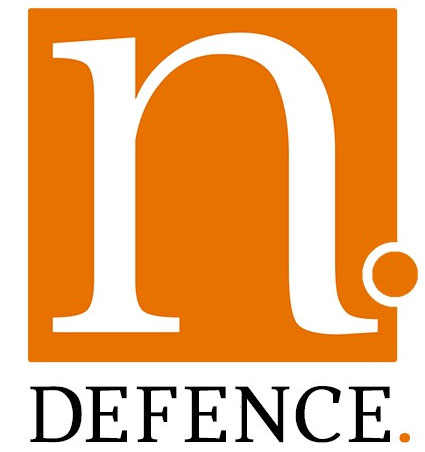NATO Space Defence: NATO has not hidden its intentions to collaborate more closely with the commercial sector to achieve its space defence goals, although classification on some issues can make it challenging for businesses, a NATO source told Euronews Next.
High-ranking NATO officials dressed in military uniform mingled with start-ups and big businesses during the alliance’s inaugural space symposium held last week in Toulouse, France.
The French startup Preligens presented how its artificial intelligence (AI) system uses satellite space data to display global events, including those in North Korea, China, and Russia.
One types into a computer the coordinates of the Engels airbase in Russia, which is 750 kilometres from the border with Ukraine. Then, defence ministries may instantly and in real-time monitor any military aircraft or activity changes.
This system takes a few minutes, has a 95% accuracy rate, and is so exact that it can even limit the number of weapons the aeroplane may carry. Normally, analysing this kind of data would take two to four hours to check one single spot.
Though it was not easy to establish a relationship with the alliance, the company has been working with NATO and the French Ministry of Defense (MOD) since 2019.
“When we started working with NATO, it was not easy, nothing is easy in business, nothing is easy in defence, and the fact that we have some proof points from the French MOD helped us a lot,” Thomas Reignard, Preligens product marketing manager, told Euronews Next.
He did concede, though, that it was difficult to gain support and reach the appropriate individuals because NATO is a large organization.
“It’s hard for you sometimes to get some traction to identify key people. So it was a first step for us, but it’s hard in every defence contract to identify the key people,” he said.
Indian Navy Welcomes Vice Admiral Sanjay Bhalla as New Chief of Personnel
NATO’s Space Policy and Challenges for Commercial Sector
2019 saw NATO declare space to be a top priority as the Allies approved its Space Policy and acknowledged space as a new operational domain in addition to air, land, sea, and cyberspace.
NATO and the defense ministries need to work together with the business sector because it is expensive and technology is changing so quickly. That being said, NATO will not just rely on business for space defense.
A NATO official at a news gathering said that the private sector has a lot of problems when it deals with governments and NATO.
The person stated that space tech firms are battling not only the intricacy of government agencies but also NATO, an organisation with many diverse entrance points and employment ties.
The official continued, “The commercial sector is struggling with a lack of information flow, such which technologies NATO will require in the future.”
NATO works on a high classification of subjects, which is mostly to blame.
The lengthy and intricate procurement procedures, which may be challenging for businesses since they require additional funds to remain operational throughout them, are another problem, the source added.
NATO’s Commercial Space Strategy
NATO still has mechanisms in place to stop the impact of commercial interests or geopolitical disputes, even if it is becoming more open to the business world.
“One of the first questions we ask is are there third parties or beyond that are a part of this? Is it a shell company to a Chinese Communist Party company, or otherwise? So we do that kind of due diligence check,” Air Commodore Darren Whiteley, US Space Command’s Deputy Director of Policy and Plans, said at a press conference to a small circle of journalists.
But if corporate information is being shared and NATO is not at danger, he added, they “wouldn’t want to get in the way of commercial companies doing commercial business.”.
Whiteley stated, “I think maybe when some of the activity starts to impinge on national or kind of collective security, there will be a conversation,”
NATO will consider the business sector’s suggestions for improving its working relationship while developing its commercial space strategy.



